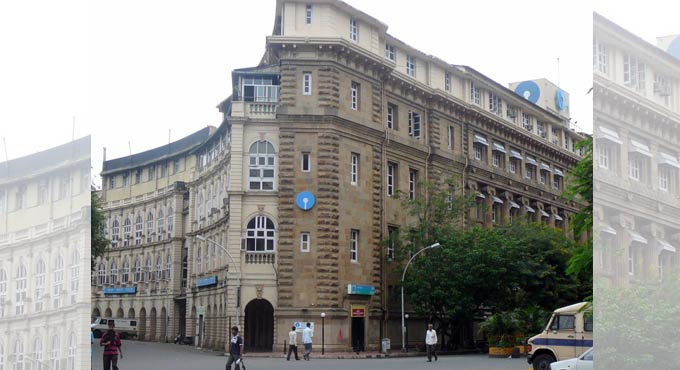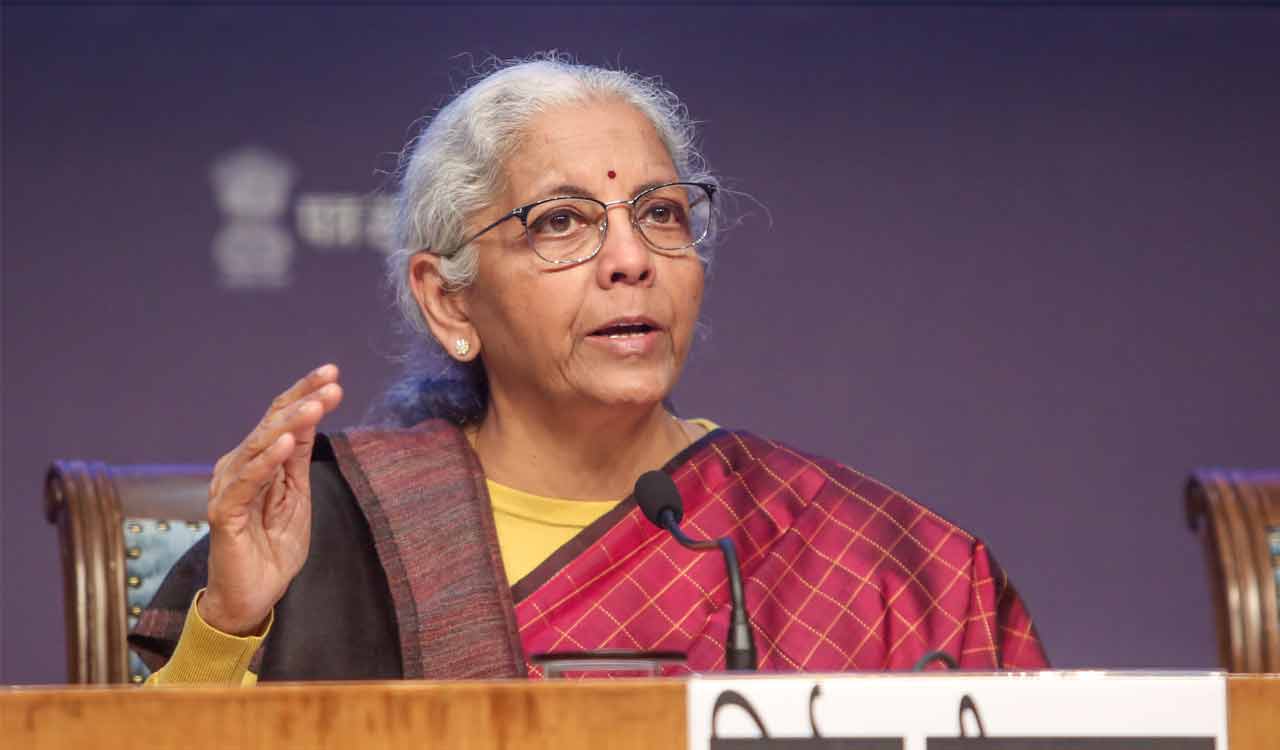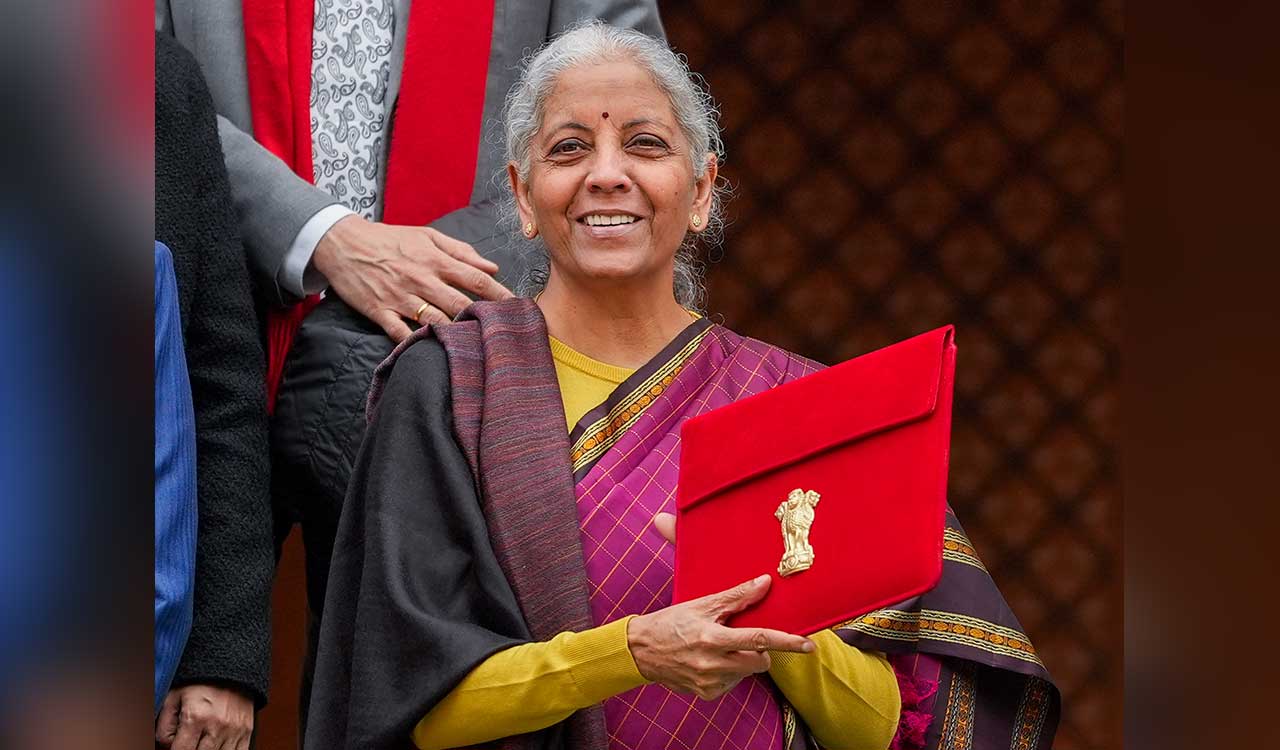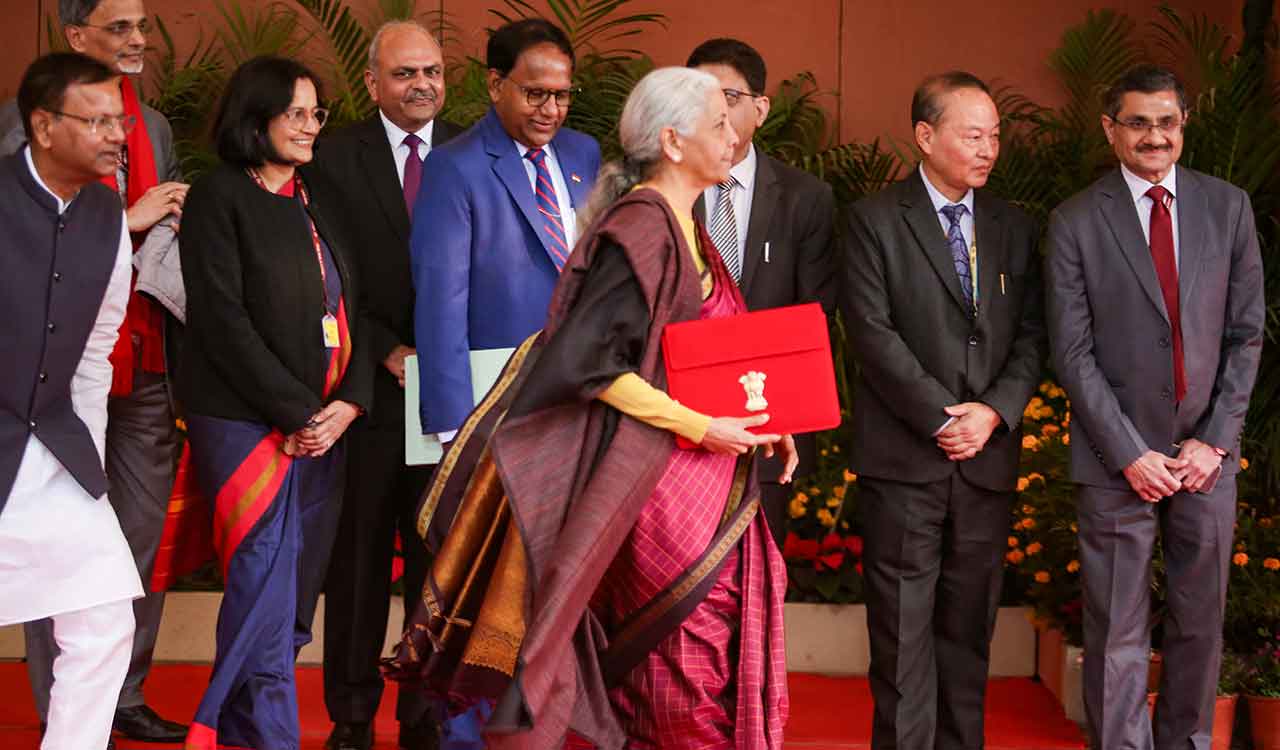Govt to bring amendments to two Acts to enable privatisation of PSU banks
These Acts led to nationalisation of banks in two phases and provisions of these laws have to be changed for privatisation of banks, they said

New Delhi: To facilitate privatisation of public sector banks, the government is likely to bring amendments to two legislations later this year. Amendments would be required in the Banking Companies (Acquisition and Transfer of Undertakings) Act, 1970 and the Banking Companies (Acquisition and Transfer of Undertakings) Act, 1980 for privatisation, sources said.
These Acts led to nationalisation of banks in two phases and provisions of these laws have to be changed for privatisation of banks, they said. As the government has already announced the list of legislative business for the Budget session, it is expected that these amendments may be introduced in the Monsoon session or later during the year, sources added.
The ongoing Budget session is scheduled to take up as many as 38 Bills including the Finance Bill 2021, Supplementary Demands for Grants for 2020-21 and related Appropriation Bill, National Bank for Financing Infrastructure and Development (NaBFID) Bill, 2021, and Cryptocurrency and Regulation of Official Digital Currency Bill, 2021. Finance Minister Nirmala Sitharaman while presenting Budget 2021-22 earlier this month had announced privatisation of Public Sector Banks (PSBs) as part of disinvestment drive to garner Rs 1.75 lakh crore.
“Other than IDBI Bank, we propose to take up the privatisation of two Public Sector Banks and one General Insurance company in the year 2021-22,” she had said. Later in one of the post Budget interactions, the Finance Minister had said the government will work with the Reserve Bank for execution of the bank privatisation plan announced in the Union Budget 2021-22. “The details are being worked out. I have made the announcement but we are working together with the RBI,” she had said, when asked about the proposal.
The government last year consolidated 10 public sector banks into four and as a result the total number of PSBs came down to 12 from 27 in March 2017. As per the amalgamation plan, United Bank of India and Oriental Bank of Commerce were merged with Punjab National Bank, making the proposed entity the second largest PSB. Syndicate Bank was merged with Canara Bank, while Allahabad Bank was subsumed in Indian Bank. Andhra Bank and Corporation Bank were amalgamated with Union Bank of India. In a first three-way merger, Bank of Baroda merged Vijaya Bank and Dena Bank with itself in 2019. SBI had merged five of its associate banks – State Bank of Patiala, State Bank of Bikaner and Jaipur, State Bank of Mysore, State Bank of Travancore and State Bank of Hyderabad- and also Bharatiya Mahila Bank effective April 2017.
Sitharaman addresses RBI board
Finance Minister Nirmala Sitharaman on Tuesday explained the government’s priorities to the Reserve Bank of India’s central board during their first meeting after presentation of the Union Budget 2021-22. As per the tradition, the finance minister holds customary meeting with the board members of the RBI and the Securities and Exchange Board of India (Sebi) after Budget presentation every year. The Finance Minister addressed the 587th RBI central board meeting and informed the members about the key initiatives in the Budget and the priorities of the government, RBI said in a statement.
“Complimenting the Finance Minister on the budget, the board members made various suggestions for consideration of the government,” it added. At its first meeting after the presentation of the Budget for 2021-22, the central board of directors also reviewed the current economic situation. “The board in its meeting reviewed the current economic situation, global and domestic challenges and various areas of operations of the Reserve Bank, including ways for strengthening of grievance redress mechanism in banks,” it said.
The meeting on Tuesday was chaired by RBI Governor Shaktikanta Das through video conferencing. The government’s nominee directors on the board — Financial Services Secretary Debasish Panda and Economic Affairs Secretary Tarun Bajaj — also attended the meeting. Apart from Sitharaman, Minister of State for Finance Anurag Singh Thakur, Finance Secretary Ajay Bhushan Pandey and Department of Investment and Public Asset Management Secretary Tuhin Kanta Pandey were also present.
Earlier this month, the Finance Minister presented a Rs 34.5 lakh crore-budget for 2021-22 in the backdrop of the coronavirus pandemic. The budget has laid emphasis on increasing capital expenditure, raising allocation for healthcare capacity building and development of agriculture infrastructure, among others, which are expected to have a multiplier effect on the economy. Hit hard by the pandemic, fiscal deficit — the excess of government expenditure over its revenues — is estimated to hit a record high of 9.5 per cent of the Gross Domestic Product (GDP) in the current fiscal ending March 31.
For the next 2021-22 fiscal, the deficit has been pegged at 6.8 per cent of GDP, which will be further lowered to 4.5 per cent by the fiscal ending March 31, 2026. Earlier this month, Das said the central bank will able to manage the high quantum of government borrowings at Rs 12 lakh crore for the next fiscal in a “non-disruptive” manner.
Now you can get handpicked stories from Telangana Today on Telegram everyday. Click the link to subscribe.
Click to follow Telangana Today Facebook page and Twitter .
Related News
-
Pious atmosphere at Mecca Masjid as thousands gather for first Namaz-e-Juma of Ramzan
1 min ago -
‘For them, AI is Anti-India’: BJP blasts Congress over AI Summit protest, demands apology
21 mins ago -
Sudha Reddy, MEIL foundations upgrade classrooms at Irrum Manzil school
28 mins ago -
Body found floating in temple tank in Chevella, murder suspected
29 mins ago -
Harish Rao slams Congress over app-based urea distribution, farmers protest
32 mins ago -
No pension dues: Retired SI dies in Khammam due to financial distress
35 mins ago -
Why Hyderabad’s pedestrians shun subways despite safety benefits
38 mins ago -
AI will create new jobs even as it transforms roles: Vice President
57 mins ago




